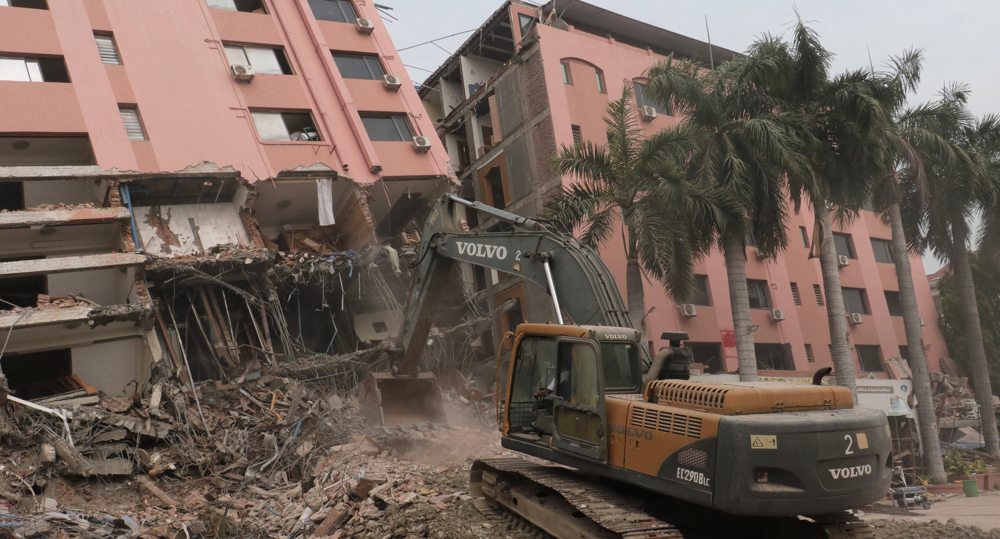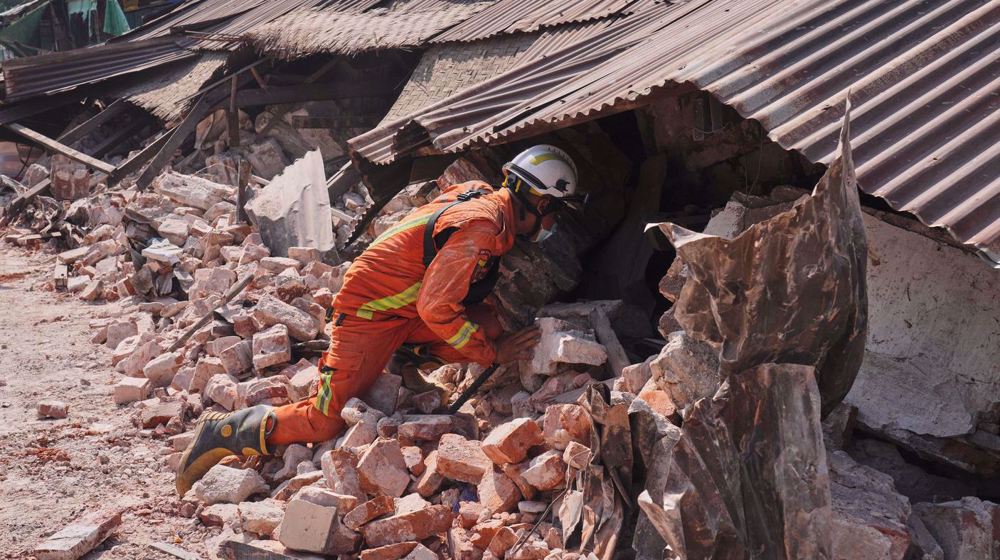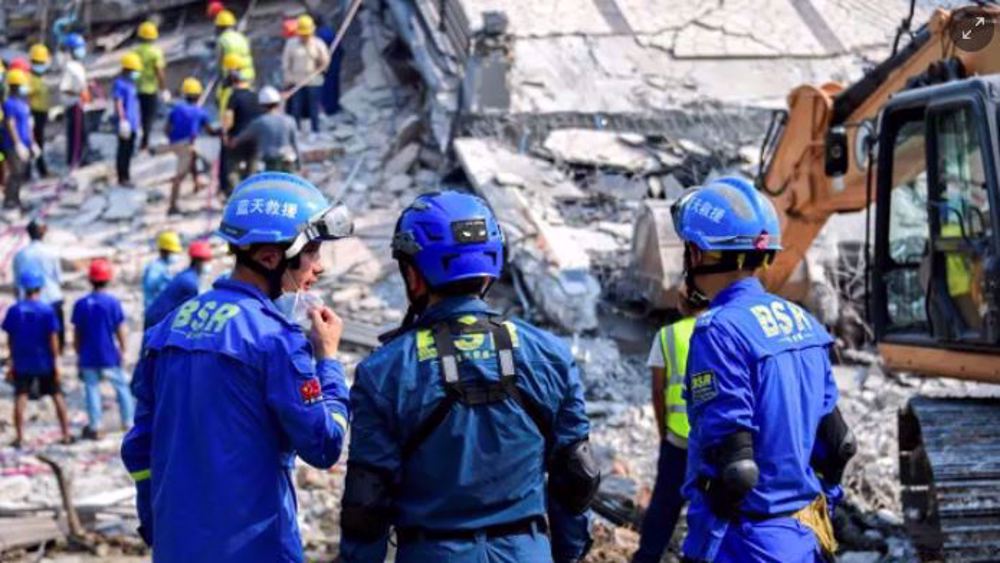Mourners pay tribute to late Thai King Bhumibol
Thousands of grieving Thais have turned out in the capital, Bangkok, lighting candles and reciting prayers to pay respects to late King Bhumibol Adulyadej.
The mourners, dressed in somber black and white, held the candlelit vigil outside the Grand Palace before dawn on Saturday. They later lined up to enter the building to sign a condolence book for King Bhumibol.
The king’s remains were taken in a convoy on Friday through Bangkok's ancient quarter to the Temple of the Emerald Buddha in the Grand Palace.

After the convoy arrived at the temple, Crown Prince Maha Vajiralongkorn conducted the bathing ceremony of the king's body, a traditional Thai Buddhist funeral rite. Buddhist monks also chanted prayers beside the monarch’s coffin.
Earlier reports said the king’s body will be on display for months before a traditional royal cremation.
Later, however, authorities said that the body will not be revealed to the public for another 15 days.
King Bhumibol, the world's longest-reigning monarch, died at Bangkok's Siriraj Hospital on Thursday at 88 after battling various illnesses for the best part of a decade.
The Thai government has declared a year of mourning and asked people to wear black or white, and to cancel their outdoor festivities, for the first 30 days.
It has also announced that the Crown Prince wants to grieve with the people and leave the formal succession until later, when parliament will invite him to ascend the throne.
Meanwhile, Deputy Prime Minister Wissanu Krea-ngam said in a televised speech that the head of the Privy Council, which is an advisory body to the king, is automatically the regent until a new monarch is crowned.
However, there was no official statement that the council's head, 96-year-old Prem Tinsulanonda, had been named regent.
Over the past decade, Thailand has suffered political turmoil pitting arch-royalists against those seeking a redistribution of economic and political power.
Though a constitutional monarch with limited official powers, the majority of the country’s 68-million-strong population viewed King Bhumibol as a traditional pillar of the country’s unity as well as stability in rapidly-changing times.

Myanmar quake death toll passes 3,300: State media

Death toll from Myanmar quake rises to over 3,085

WHO warns Myanmar quake ‘top-level emergency’, seeks urgent funding
Leader: Indirect Oman talks ‘good’ in early stages but lack of trust 'remains' about other side
US slavery emancipation day celebrated in Washington
China calls for new Iran deal based on JCPOA; urges US to stop ‘maximum pressure’
IRGC: Iran’s military capabilities ‘non-negotiable’; national security ‘red line’
How Bernie Sanders condemns genocide in Gaza without actually condemning it
VIDEO | Iran-US nuclear talks, repercussions of opposition to Gaza war in Hebrew media
VIDEO | ‘Inhumane, Illegal’: US arrests Palestinian student activist at citizenship ceremony
More Israeli soldiers call for end to Gaza war, immediate negotiations over captives









 This makes it easy to access the Press TV website
This makes it easy to access the Press TV website